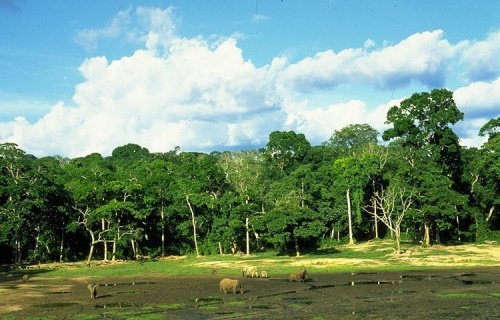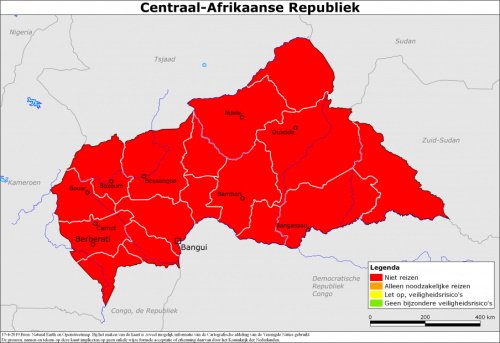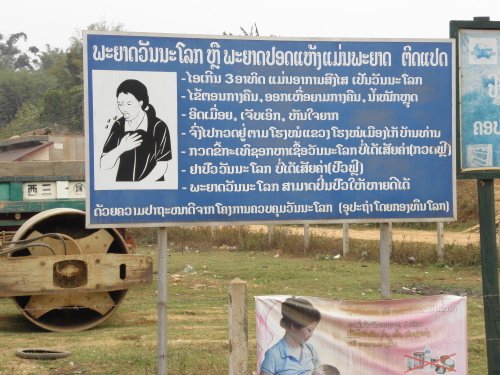First published: Sun 10 May 2020.
Els Slots
Taking Travel Risks
Comments
4 comments
nan
5 years, 7 months ago (May 10, 2020)
Sorry to hear you had to cancel.
It's hard to fathom why a country that has malaria as #1 cause of death (10% of the population seem to contract it each year, roughly 1% die each year) will cease operation due to Corona. Even more so when you consider their average age is (18) and their life expectancy (55). They are squarely outside the risk area.
Regarding risky travel, I am probably more worried than you, but less worried than the average. Questions I always ask myself:
* Is my life or is my money in danger. The latter I can cope with.
* Can I move freely if I behave rationally? I can live with no go areas and I will duly research where those are. But I wouldn't want to be locked down in the hotel.
* Can I rationally make the case to my mum that it's safe and that the picture in the media is overblown.
Final words re travel insurance: They rarely cover the cases that I would need them to cover (airline broke, country closed). Health insurance is mandatory, though. As is paying flights with a credit card as default insurance. And booking everything else as late possible (hotels potentially same day).
PS: Betting this will be one of those discussion inciting posts again :D
Reply
Michael Ayers
5 years, 7 months ago (May 10, 2020)
Great post, Els! Like you, I feel that many things that people often worry about, "official" government travel warnings, insurance, etc. are mostly a waste of time or money.
I would love to see CAR someday, perhaps a good location for the first post-pandemic WHS.org Meetup? ;-)
Bernard Joseph Esposo Guerrero
5 years, 7 months ago (May 11, 2020)
I also have a few trip cancellations because of the pandemic, one of which was even a China trip for February. The week leading to the trip was troublesome as it was the time when the rest of China was following the Wuhan lockdown. Still wanted to go until I got the message from the accoms we would staying in that I was better cancel. The story got published here: https://businessmirror.com.ph/2020/02/09/travel-plans-and-travel-bans-the-china-trip-we-never-had/
BUT, in the end, I found myself stuck in the island of Siquijor -- I'm now on day 61 here and already have a good collection of sunset photos. Hopefully can go back home after the 15th if there are no more extensions on the quarantines. The island is home to one of the baraque churches nominated as an extension to the world heritage-listed churches of the Philippines, the church of Lazi. Totally in support of any future effort to finally forward the nomination :)
Durian
5 years, 7 months ago (May 11, 2020)
In case you want to know, the picture of health warning broad is in Laos language and it is about tuberculosis, encouraging people who have fever for 3 weeks to visit hospital. All medical expenses to cure tuberculosis are free and supported by the government.



